Social Responsibility, Social Change and Organizational Engagement
Facultat de Comunicacio Blanquerna, Universitate Ramon Llull, Barcelona, Spain | 9-10 October 2014
You are invited to attend the 3rd International Conference on Social Responsibility, Ethics and Sustainable Business to be held at Facultat de Comunicacio Blanquerna, Universitate Ramon Llull, Barcelona, Spain on October 9-10, 2014. The purpose of the conference is to create a networking opportunity for both researchers and practitioners to discuss recent insights on socially responsible practices in the non- and for-profit sector.
Although academic in nature, representatives in the business environment will deliver case studies on sustainability practices and will reflect on the challenges and opportunities that corporate social responsibility brings to different industries. The main topics of the conference, but not limited to these, are:
CSR and Sustainability,
CSR and Business Ethics,
CSR, Social Media and Grass-Roots Campaigns,
CSR and Education,
CSR and Reputation,
CSR and Crisis Management,
Communicating CSR,
CSR initiatives/strategies,
Corporate Governance,
NGO Marketing,
Ethical Stakeholder Engagement,
CSR, SmartCities and Mobility.
Please send an abstract of 300 words in a Word document format via email to georgiana.grigore@csrconferences.org by August 1, 2014. No more than two papers will be accepted from any author. The abstracts of the papers will be published in the Conference Proceedings.
Offers to run workshops, symposia, poster sessions, themed tracks or alternative events are especially welcome. Please contact dr. Enric Ordeix, enricor@blanquerna.url.edu with suggestions.
Abstracts registration: August 1, 2014 (extended deadline)
Full paper deadline: October 30, 2014 (extended deadline)
Conference fees
Regular conference fee – 250 EURO: Deadline 15 September.
Early bird fee: payments made until 30 August 2014 – 200 EURO.
There are a limited number of fee weavers – 50% off the regular conference fee (125 Euro) — for PhD students. The fee weavers are offered on competitive basis. Please contact the conference chair dr. Enric Ordeix.
We will publish proceedings and full details concerning other publishing opportunities for the papers presented at the conference will be provided during the conference.
Venue of the Conference
The conference will be held at Facultat de Comunicacio Blanquerna, Universitate Ramon Llull, Barcelona, Spain.The conference fee will include meals and conference materials. There is plenty of good hotel accommodation nearby to suit all budgets and details will be given with registration details.
Full and updated details can be found at the conference website: www.csrconferences.org
We look forward to welcoming you to Barcelona in 2014 for what promises to be an exciting conference.
Chairs
Georgiana F. Grigore, PhD, The Media School, Bournemouth University, UK
Alin Stancu, PhD, Marketing Department, Bucharest University of Economic Studies, Romania
Enric Ordeix, PhD, Blanquerna School of Communication, Ramon Llull University
Organizing Comittee
Anastasios Theofilou, PhD, The Media School, Bournemouth University, UK
Dan Jackson, PhD,The Media School, Bournemouth University, UK
Cristian Ducu, PhD, Centre for Advanced Research in Management and Applied Sciences, Romania
Cristina Martorell, PhD, Blanquerna School of Communication, Ramon Llull University, Spain
Jordi Botey, PhD, Blanquerna School of Communication, Ramon Llull University, Spain
Josep Rom, PhD, Blanquerna School of Communication, Ramon Llull University, Spain
Review process
Acceptance of papers for the conference will be based on a review of a 300 words abstract. Following acceptance, attendees will be expected to submit a full paper, which will also be reviewed by two members of the international board in preparation for publication in the proceedings.
Submission of abstracts
Abstracts of 300 words should be send in a Word document via email to georgiana.grigore@csrconferences.org
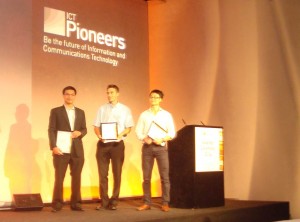 The simulator uses software to replicate the epidural process, thereby assisting in training for this delicate procedure that is performed over 1000 times each day in the UK.
The simulator uses software to replicate the epidural process, thereby assisting in training for this delicate procedure that is performed over 1000 times each day in the UK.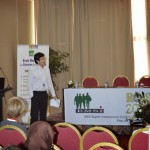
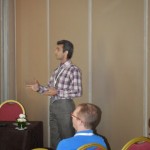
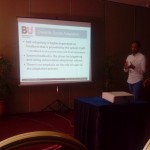

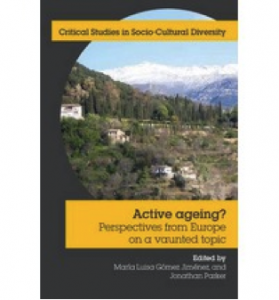


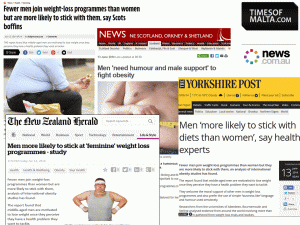


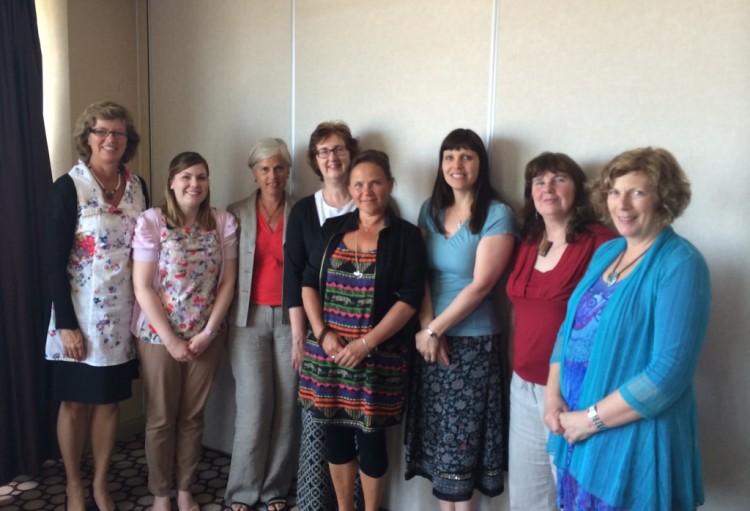


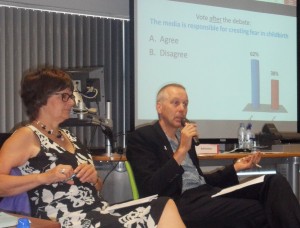














 FHSS academics teaching in Nepal
FHSS academics teaching in Nepal New weight change BU paper
New weight change BU paper One week to go! | The 16th Annual Postgraduate Research Conference
One week to go! | The 16th Annual Postgraduate Research Conference Geography and Environmental Studies academics – would you like to get more involved in preparing our next REF submission?
Geography and Environmental Studies academics – would you like to get more involved in preparing our next REF submission? Congratulations to three former BU staff
Congratulations to three former BU staff MSCA Staff Exchanges 2024 Call – internal deadline
MSCA Staff Exchanges 2024 Call – internal deadline Applications are now open for 2025 ESRC Postdoctoral Fellowships!
Applications are now open for 2025 ESRC Postdoctoral Fellowships! Horizon Europe – ERC CoG and MSCA SE webinars
Horizon Europe – ERC CoG and MSCA SE webinars MaGMap: Mass Grave Mapping
MaGMap: Mass Grave Mapping ERC grants – series of webinars
ERC grants – series of webinars